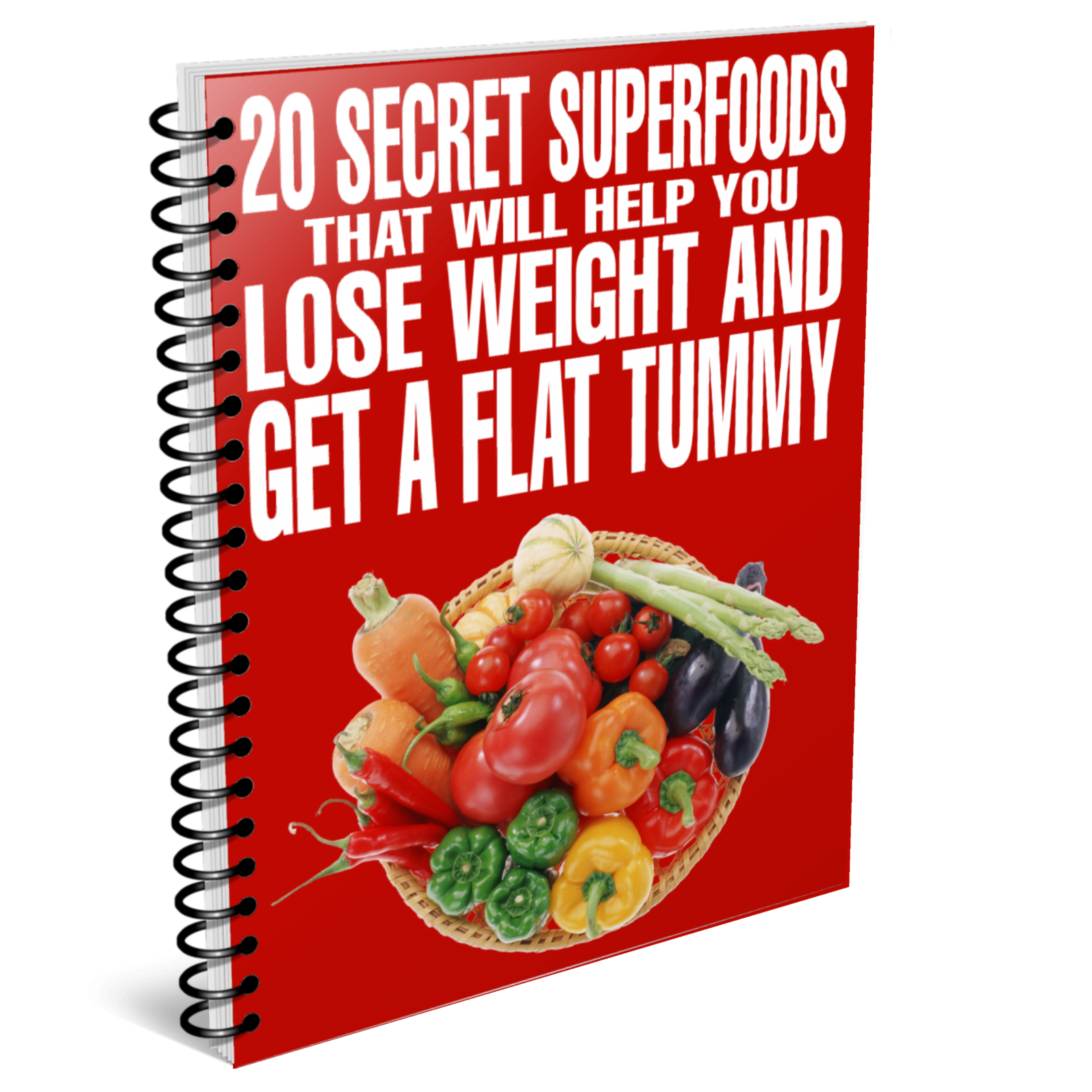Vegetables are one of the best food sources of antioxidants around. They’re also loaded with health boosting vitamins, minerals and phytonutrients. In this article I’ll be listing five of the best vegetable sources of antioxidants.
- Artichoke
Artichokes have a light, refreshing, mild and slightly sweet flavor. They weigh in at just 64 calories each and have a very impressive antioxidant profile, containing high levels of caffeic acid, chlorogenic acid, luteolin, gallic acid, manganese, quercetin, rutin, silymarin and vitamin C. In addition to this, artichokes are a fantastic source of fiber, magnesium, potassium, vitamin B9 and vitamin K.
Antioxidant protection is just one of the many health benefits artichokes provide and they also boost your body by:
- Lowering your blood pressure
- Regulating your blood glucose levels
- Reducing blood levels of LDL cholesterol (a type of cholesterol that clogs up the arteries and limits blood flow)
- Supporting healthy digestion
- Supporting your liver
- Asparagus
Asparagus is a fresh, mildly bitter tasting vegetable which contains only 27 calories per cup. It supplies you with large amounts of the antioxidants copper, manganese, vitamin A, vitamin C and vitamin E and over 10% of the RDA for fiber, iron, vitamin K and multiple B vitamins.
As well as fighting free radicals, asparagus also has a number of unique health benefits which include:
- Enhancing your brain function
- Improving your vision
- Promoting good bladder health
- Reducing inflammation in your body
- Regulating your blood glucose levels
- Cauliflower
Cauliflower is a light, refreshing, water rich vegetable that packs just 28 calories per cup. This vegetable is loaded with the antioxidants manganese, vitamin C and a wide range of different phytonutrients. It’s also a great source of fiber, vitamin K and a number of different B vitamins.
When it comes to health, cauliflower does a lot more than just prevent oxidative damage. It also:
- Detoxifies your body
- Reduces inflammation in your body
- Strengthens your heart
- Supports healthy digestion
- Strengthens your immune system
- Cowpeas
Cowpeas contain 200 calories per cup and are packed full of the antioxidants copper, manganese and zinc. They also contain plenty of fiber, iron, magnesium, phosphorus, potassium, protein, vitamin B1 and vitamin B9.
In addition to acting as powerful antioxidants, cowpeas also enhance your health in the following ways:
- Preventing bladder problems
- Regulating your blood glucose levels
- Soothing your stomach
- Strengthening your bones and teeth
- Strengthening your heart
- Red Cabbage
Red cabbage has a very subtle flavor that’s slightly bitter but almost unnoticeable. A single cup serving packs just 28 calories and also contains lots of the antioxidants manganese, vitamin A and vitamin C. In addition to this, it’s an excellent source of fiber, vitamin B6 and vitamin K.
Red cabbage is much more than a good source of antioxidants. It also benefits your body by:
- Detoxifying your body
- Reducing blood levels of LDL cholesterol
- Reducing inflammation in your body
- Strengthening your eyes
- Supporting wound healing
Summary
These five vegetables are extremely versatile and can be used to add extra antioxidants to almost any meal. So make sure you’re eating at least three servings of these veggies per week and unlock the many health benefits of antioxidants.

 20 Super Foods That Will Help You lose weight
20 Super Foods That Will Help You lose weight